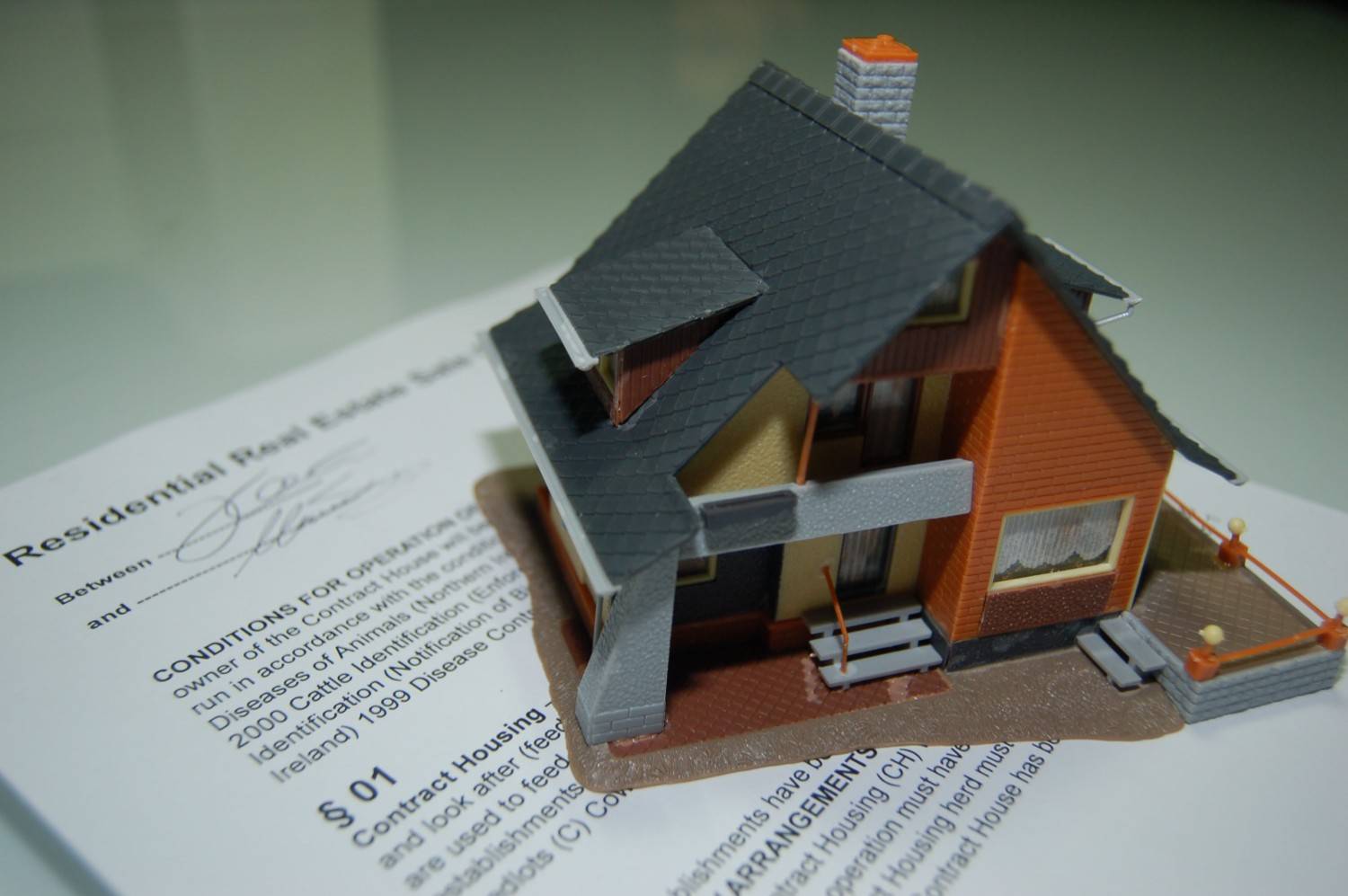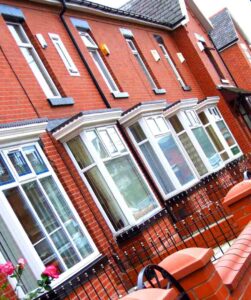For many homeowners in the UK, the concept of owning a leasehold property and paying ground rent to a freeholder can be a source of frustration. However, there is an alternative option available: buying the freehold of your household. This process, known as enfranchisement, allows leaseholders to gain full ownership of the land and property, effectively becoming freeholders themselves.
But is it worth buying the freehold of your household? In this article, we will explore the advantages and considerations of purchasing the freehold, providing valuable insights to help homeowners make an informed decision.
What is a Leasehold and a Freehold?
In a leasehold arrangement, the homeowner owns the property for a fixed period, but not the land on which it stands. The land is owned by the freeholder, and the leaseholder pays ground rent for its use and has certain rights and responsibilities. In contrast, freehold ownership grants full ownership of both the property and the land indefinitely.
What Does Buying the Freehold Mean?
Buying the freehold, also known as leasehold enfranchisement, allows leaseholders to acquire full ownership of the land and property, effectively eliminating the need to pay ground rent to a freeholder. This process is governed by the Leasehold Reform Act 1967 and the Leasehold Reform, Housing and Urban Development Act 1993, which outline the rights and procedures for leaseholders seeking to purchase the freehold of their household.
What Are The Advantages of Buying the Freehold?
Buying the freehold of your house comes with multiple advantages, including:
Control and Freedom
Owning the freehold gives homeowners greater control over their property. They no longer need to adhere to the restrictions and conditions imposed by a freeholder, allowing them to make decisions independently, such as alterations or extensions to the property.
No Ground Rent
One of the primary benefits of acquiring the freehold is the elimination of ground rent payments. This ongoing cost can be a significant financial burden for leaseholders, and owning the freehold eradicates this expense.
Enhanced Property Value
Freehold properties generally hold more significant value in the housing market compared to leasehold properties. Owning the freehold can make the property more appealing to potential next time buyers and may positively impact its market value.
Security and Peace of Mind
As a freeholder, homeowners have the security of knowing that they have complete ownership and control over their property without the lease term restrictions. This can provide peace of mind and a sense of stability in the long run.
Should I Consider It As A Long-Term Investment?
One crucial aspect to consider when deciding whether to buy the freehold is the long-term investment perspective. While the upfront costs of enfranchisement may seem substantial, owning the freehold can be financially beneficial in the long run.
As the lease term decreases, the value of the leasehold property may depreciate, making it less appealing to potential buyers. By converting to freehold ownership, homeowners can secure the long-term value of their property and potentially benefit from increased property appreciation.
What Other Considerations and Costs Are There?
There are a number of other considerations alongside your longterm investment plans when buying the freehold of your house. These inlcude:
Price of the Freehold
The cost of buying the freehold varies depending on factors such as the property’s value, the remaining lease term and the ground rent payable. It’s essential for homeowners to obtain a professional valuation and negotiate with the freeholder to agree on a fair price.
Legal and Valuation Fees
Enfranchisement involves legal and valuation fees, which can add to the overall cost. It’s advisable to seek advice from a solicitor and a surveyor experienced in leasehold enfranchisement to navigate the process effectively.
Participation of Other Leaseholders
In some cases, buying the freehold requires the participation of a minimum percentage of leaseholders within the building or development. Coordination with fellow leaseholders may be necessary to proceed with the purchase.
Lease Extension vs. Freehold Purchase
Another option for leaseholders looking to gain more control over their property is a lease extension. This process allows leaseholders to extend the lease term, potentially eliminating ground rent and other leasehold obligations. Comparing the costs and benefits of a lease extension versus buying the freehold is essential to determine the most suitable option for individual circumstances.
Steps To Buying The Freehold
The following steps outline the process of buying the freehold of your house, including some of the legal frameworks to be aware of, and some timeframes you can expect before you successfully aquire the freehold:
- Understand Your Lease Terms – Begin by thoroughly reviewing your lease agreement to understand the remaining lease term, ground rent and any other obligations. Familiarise yourself with the rights and procedures outlined in the reform acts as they govern the enfranchisement process.
- Form a Collective Enfranchisement Group – If you live in a leasehold property within a building or development, consider forming a collective enfranchisement group with fellow leaseholders. Grouping together can strengthen your position during negotiations with the freeholder and may help spread the costs of enfranchisement among multiple parties.
- Obtain a Professional Valuation – Engage a qualified surveyor with expertise in leasehold enfranchisement to conduct a professional valuation of the freehold. The valuation will determine the price you should offer to the freeholder for the acquisition.
- Serve a Section 13 Notice – To initiate the enfranchisement process formally, serve a Section 13 Notice to the freeholder. This notice expresses your intention to purchase the freehold and includes the proposed price based on the valuation.
- Freeholder’s Response – Upon receiving the Section 13 Notice, the freeholder has a specific timeframe to respond. They may accept the offer, propose a counteroffer, or dispute the terms. Negotiations may occur to reach a mutually acceptable price.
- Obtain Legal Advice – Seek legal advice from a solicitor experienced in leasehold enfranchisement to guide you through the legal intricacies of the process. Your solicitor will help ensure that your rights are protected and that the transaction is legally valid. If there are disputes or difficulties in reaching an agreement with the freeholder, mediation may be required.
- Finalise the Purchase – Once terms are agreed upon, finalise the purchase of the freehold. This may involve preparing legal documents, transferring funds and registering the new freehold title with the Land Registry.
- Update Your Ownership Details – After successfully buying the freehold, update your property ownership details with relevant institutions, such as your mortgage lender, insurers and the Land Registry.
Leasehold Reform and Future Legislation
The UK government has recognised the issues surrounding leasehold properties, particularly with onerous ground rent clauses and the cost of enfranchisement. As a result, there have been discussions and proposed reforms to leasehold laws. Homeowners considering buying the freehold should stay informed about any changes in legislation that may impact the enfranchisement process, costs and benefits.
Concluding Thoughts
The decision to buy the freehold of a household is a significant financial and legal undertaking. While it offers various advantages, including increased control, elimination of ground rent and potential enhancement of property value, it also involves costs and considerations that require careful evaluation.
Homeowners should seek professional advice, conduct thorough research and assess their long-term plans before committing to the purchase. By weighing the pros and cons, homeowners can determine if buying the freehold is the right choice for them and enjoy the benefits of true ownership and control over their property. Additionally, being aware of potential leasehold reforms can provide insights into the changing landscape of leasehold properties, ensuring homeowners make informed decisions about their long-term investments.



